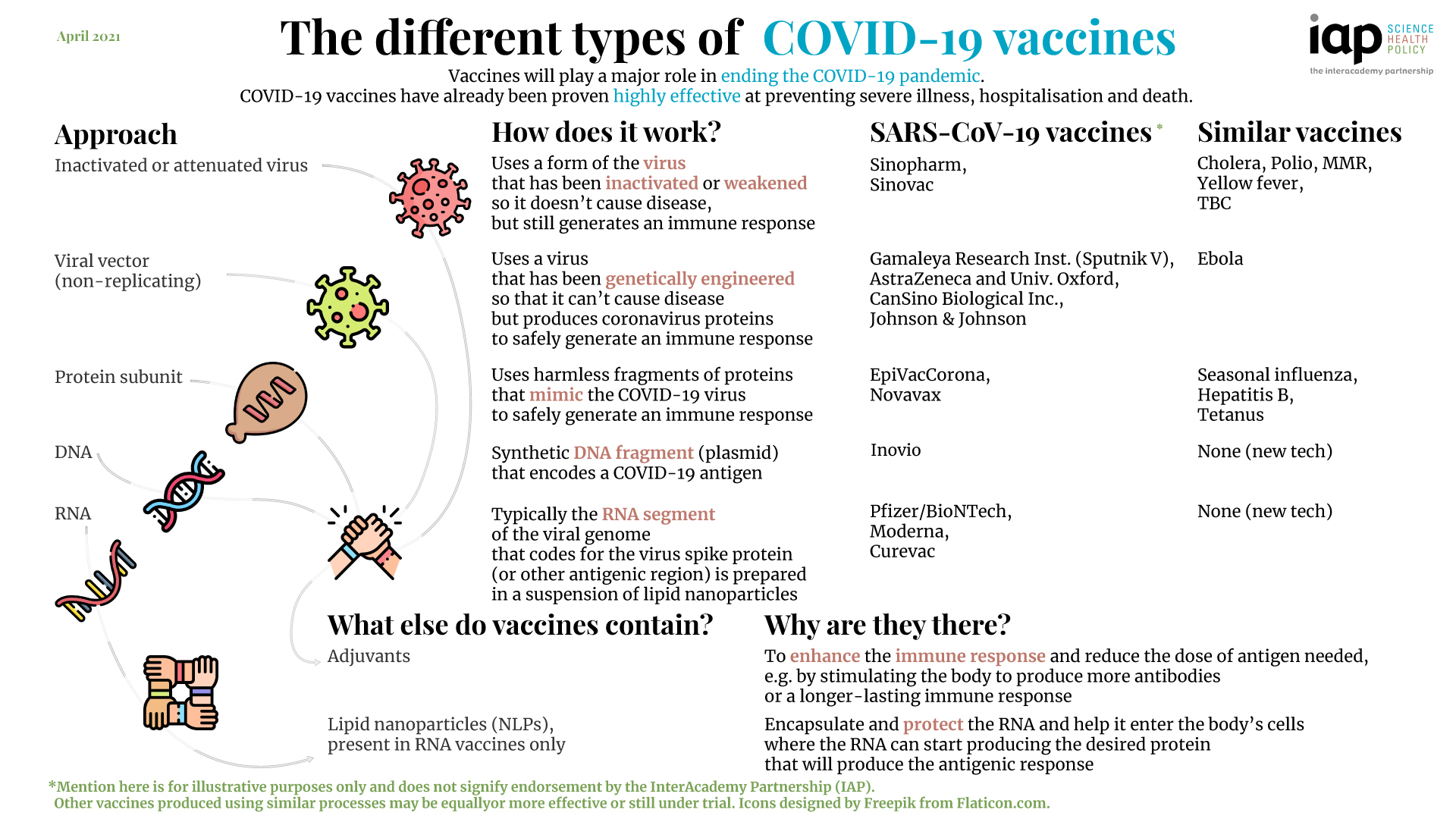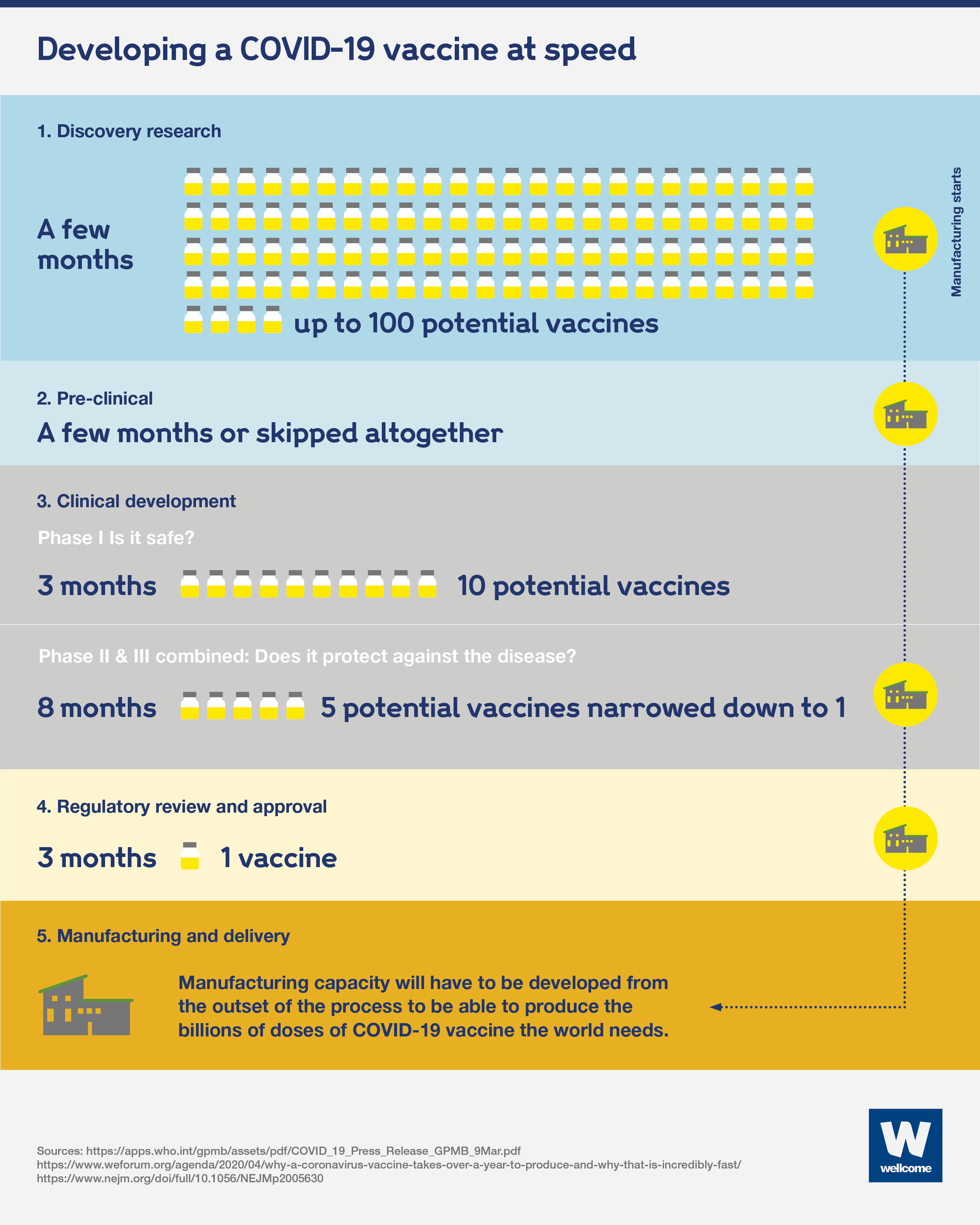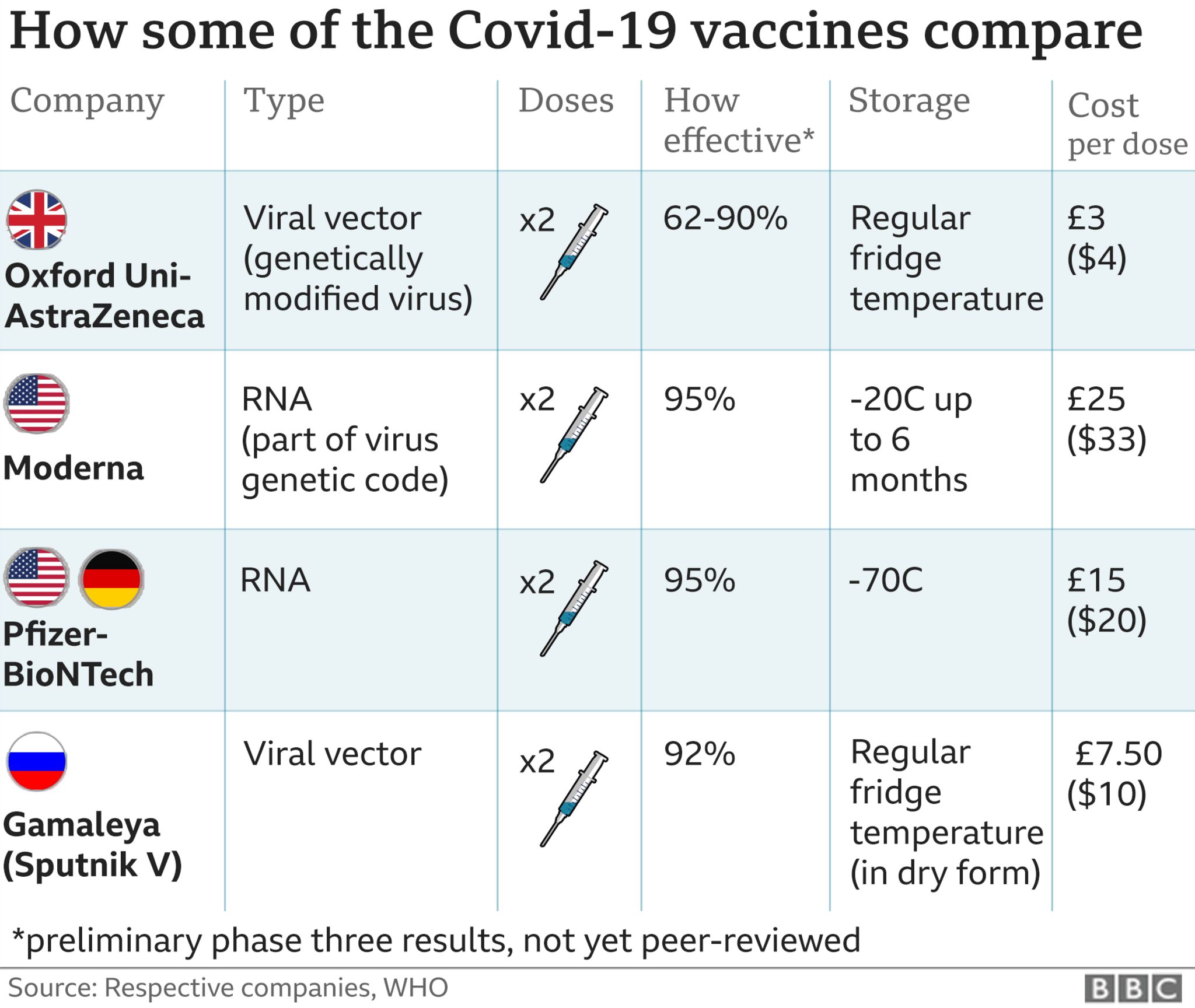

supporting the delivery and distribution of vaccines.We also supported equitable access to COVID-19 vaccines by: This included over $1.2 billion to the Access to COVID-19 Tools (ACT) Accelerator vaccine pillar. Over the course of the COVID-19 pandemic, Canada committed over $3.5 billion in international assistance. education, health, nutrition, and sexual and reproductive health and rights.the world’s poorest and most marginalized people.For example, as a part of Canada’s Feminist International Assistance Policy, during the acute phase of the pandemic, we focus on supporting: This is a critical part of an inclusive and sustainable recovery.Ĭanada also supported, and continues to support, the most vulnerable populations. That’s why, as the world moves beyond the pandemic response, we remain committed to helping low- and middle-income countries strengthen their health systems and their ability to prepare for a future pandemic. Expired doses will be disposed of in accordance with appropriate handling and storage guidelines.ĭoses distributed in Canada Canada's role in helping to vaccinate the worldĬanada recognizes that providing access to vaccination continues to be one of the most effective ways of controlling the virus. And it enables us to provide vaccines to other countries in need around the world.ĭespite all of these efforts, there will be wastage if doses expire before they're used or donated. It also ensures that Canada has sufficient supply in country to mobilize a large-scale vaccination campaign if needed. This approach ensures that we have enough vaccine supply for people in Canada to stay up to date on their vaccines, including boosters. offer vaccines surplus to our domestic needs for global donations, with as much shelf-life as possible.monitor for the possibility of shelf-life extensions.work with manufacturers to ensure Canada’s vaccine supply meets the needs of people in Canada.coordinate transfers of doses between provinces and territories to move vaccines to where they are needed most.

To maximize the use of Canada's vaccine supply, we also: the identification of surplus doses that can be offered for international donations.the needs of provinces and territories, who are responsible for vaccine administration programs.the most recent scientific data, including regulatory decisions and guidance from the National Advisory Committee on Immunization (NACI).Managing Canada's supplyĬanada’s COVID-19 vaccine supply is managed strategically based on: These agreements also provide flexibility to obtain new generation COVID-19 vaccines, that are developed by vaccine suppliers to protect against mutations or variants of concern, once they’re authorized for use by Health Canada.Īll vaccines require Health Canada authorization before they're used to vaccinate anyone in Canada.

Canada has secured vaccines from Pfizer, Moderna and Novavax for 2023 and beyond, including options to purchase additional doses if they’re needed. We continue to make sure that Canada is prepared to manage COVID-19 and its possible evolutions. Canada's COVID-19 vaccine roll-out succeeded in delivering doses to the Canadian population, including deliveries to rural, remote and isolated communities. We also looked for ways to secure quicker deliveries of approved vaccines.Ĭanada worked closely with stakeholders at all levels of government to ensure the timely delivery of millions of vaccine doses throughout Canada. The agreements with the vaccine manufacturers also required initial investments to support vaccine research and development, testing and manufacturing.īy signing memorandums of understanding with international sources, Canada was also able to access an early supply of the first vaccines available. Having APAs meant that we could purchase vaccines that didn't yet exist. This flexibility was needed given the uncertainties around when new vaccines would be developed. To secure early access to safe and effective vaccines for everyone in the country, we set up advance purchase agreements (APAs) with 7 manufacturers:ĪPAs have the obligations of a contract but are more flexible in structure. Experts therefore advised Canada to secure many different types of vaccines. When the pandemic started, it was not known which vaccines would be successful or when they would be available. Canada's international vaccine distribution.Canada's role in helping to vaccinate the world.

Our supply strategy also accounted for the potential to donate surplus doses to other countries in need, helping to vaccinate people around the world. Thanks to a robust vaccine supply strategy, Canada has one of the highest vaccination rates in the world.


 0 kommentar(er)
0 kommentar(er)
